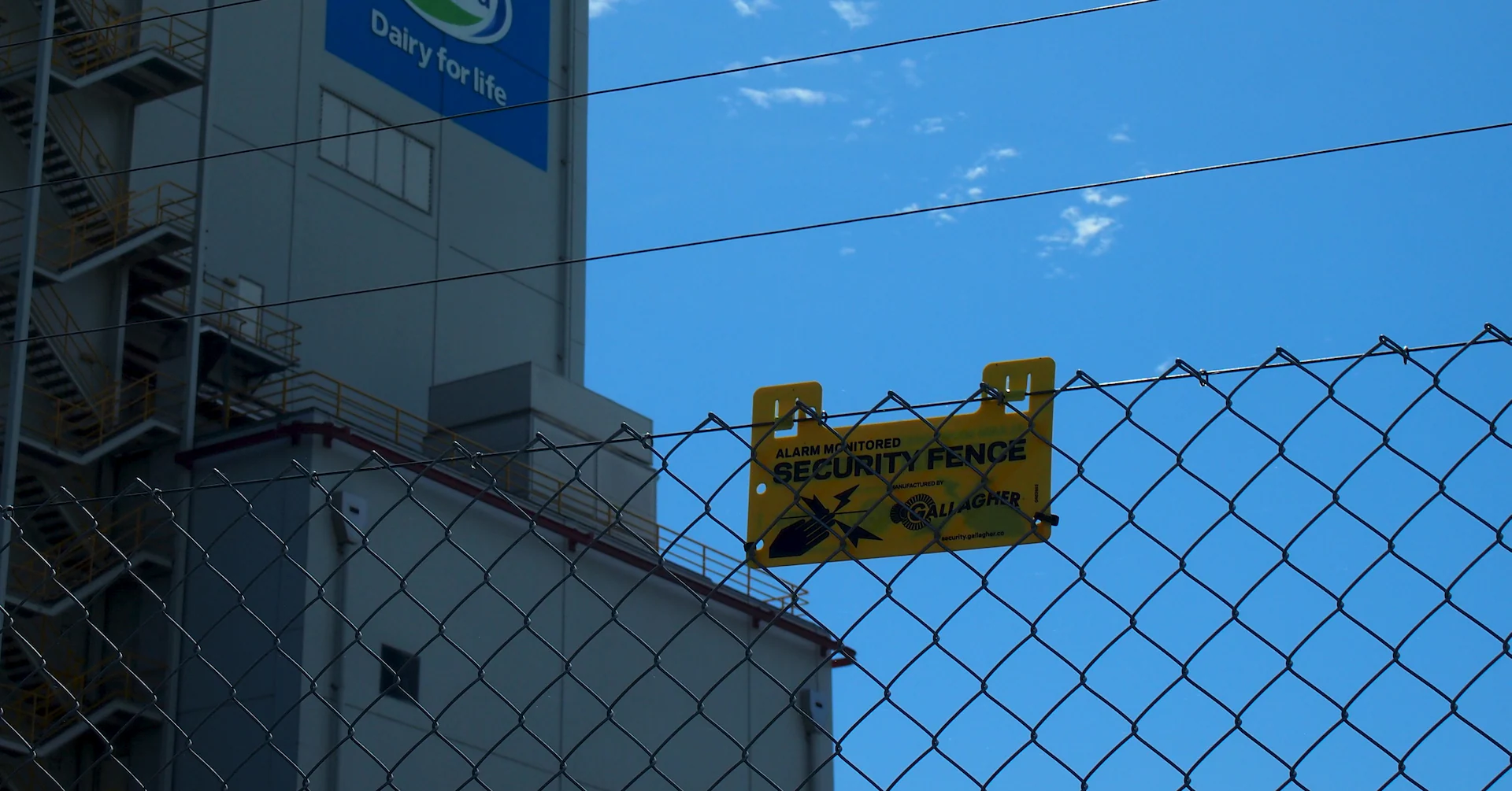By Vishanna Phagoo
Copyright trinidadexpress

President of the Fyzabad Chamber of Commerce Angie Jairam has raised concern over the rising number of highway accidents in Trinidad and Tobago, warning that the problem goes far beyond road safety and is taking a serious toll on productivity, logistics, and the wider economy.
In an interview with Express Business, she said, “These incidents are more than just road safety issues. It carries direct economic consequences and unbearable stress to many. Frequent accidents cause road closures and heavy congestion, which reduce working hours, increase transport costs, delay deliveries, and weaken supply chain reliability. This undermines national competitiveness and investor confidence.”
Jairam explained that accidents have a ripple effect on business operations, from missed deadlines and spoilage of perishable goods to higher fuel and overtime costs. “SMEs (small to medium enterprises) are particularly vulnerable as they operate on tighter margins and have less flexibility to absorb such losses. Exporters risk missing shipping schedules, while retailers and service providers face stock shortages and dissatisfied customers. Over time, these disruptions erode business confidence and limit growth opportunities, and cause panic within families who experience these unfortunate circumstances,” she noted.
The Chamber is urging both drivers and policymakers to act decisively. Jairam said road users must take greater responsibility, particularly as many recently benefited from relief on demerit points, while the Government should prioritise measures such as:
• Expanding speed cameras and CCTV monitoring at accident-prone locations.
• Improving road signage, lighting, and lane markings.
• Increasing public awareness campaigns on road safety.
• Strengthening emergency response systems to clear accidents and restore traffic flow quickly.
She emphasised that priority attention should be given to major highways, including the Solomon Hochoy Highway, the Beetham stretch of the Churchill Roosevelt Highway, and the Uriah Butler Highway.
“The private sector also has a role to play. Businesses can promote defensive driving among employees, maintain their fleets to the highest safety standards, and support road safety education,” Jairam added.
The Chamber has signalled its readiness to partner with the Government on research-driven, community-informed solutions to improve efficiency and reduce accidents. But Jairam stressed that personal accountability remains central. “Road users themselves must take responsibility. Safe driving practices—such as obeying speed limits, avoiding distractions, never driving under the influence, and respecting fellow drivers—are essential. A culture of safety begins with personal responsibility, and every driver plays a part in reducing accidents and protecting lives.”
She argued that improved road safety would yield significant economic benefits: reduced downtime, lower operating costs, stronger supply chains, and safer communities. “For a wider community, it reduces healthcare costs, preserves life, and enhances national competitiveness and ultimately creates a stronger economy and safer society.”
Jairam called on the Government, the private sector, and citizens alike to treat road safety not only as a public health concern but also as an economic development priority.
Speaking from a Central Trinidad perspective, president of the Chaguanas Chamber of Industry and Commerce Baldath Maharaj echoed Jairam’s sentiments and agreed that highway accidents are a major drag on productivity.
Maharaj explained, “When a major accident happens on the highway, it doesn’t just cause a delay; it immediately costs the country money. The gridlock means countless productive hours are lost, which significantly adds to the billions already lost annually to traffic.”
He added, “Businesses can’t deliver on time, employees arrive stressed, and the unpredictability of travel makes essential planning from logistics to appointments nearly impossible to predict. For companies dealing with perishables, this means product loss when trucks are stuck for hours.”
Maharaj noted that T&T’s reliance on a handful of major roadways means one accident can paralyse the entire supply chain. “To guard against these constant and unpredictable disruptions, businesses are forced to tie up valuable cash in large amounts of inventory. This is capital that can’t be used for investment, expansion, or hiring. Ultimately, these inefficiencies and storage costs are passed directly to the consumer, making everything we buy more expensive,” he said.
The Chaguanas Chamber head stressed that the private sector cannot wait for the Government to solve the issue alone and urged businesses to step up by implementing and enforcing a strict safe driving culture among employees.
“Simple changes like offering flexible start times or allowing remote work can help thin out the traffic during peak hours, reducing the chance of major accidents. We should also use technology to monitor and promote safer driving habits within our fleets,” he noted.
Maharaj also outlined several urgent areas of focus for policymakers:
• Rapid accident response: “We need a highly efficient system to clear accident scenes and reopen lanes in minutes, not hours.”
• Enforcement and technology: “Strict enforcement of speeding and distracted driving laws is critical, backed by modern technology like cameras on traffic lights.”
• Finish key projects: “The Government must expedite the construction of all planned interchanges and overpasses to fix existing congestion points that are known accident triggers. Whilst the north-south highway is acceptable, there remain huge bottlenecks from east to east and vice versa in Chaguanas.”
• Economic gains from safer roads: “Investing in road safety is a direct way to boost the economy. Fewer accidents mean less time wasted, which immediately translates into more productive work hours nationwide. It cuts the financial burden that traffic currently imposes on businesses and consumers. A safer, more reliable road network makes our economy more efficient and attractive for investment, providing significant benefits to every person and business in the country.”
Maharaj expressed his commitment to working with the Government to ensure the roads are safe and reliable, “making Chaguanas a thriving commercial hub once again”.
The remarks from the Chamber leaders come against the backdrop of troubling traffic fatality trends. While some reports suggest an overall decrease in the number of accidents this year, data from the Trinidad and Tobago Police Service (TTPS) has pointed to a surge in fatalities along specific roadways, such as the Eastern Main Road, and a drastic increase in motorcyclist deaths.



